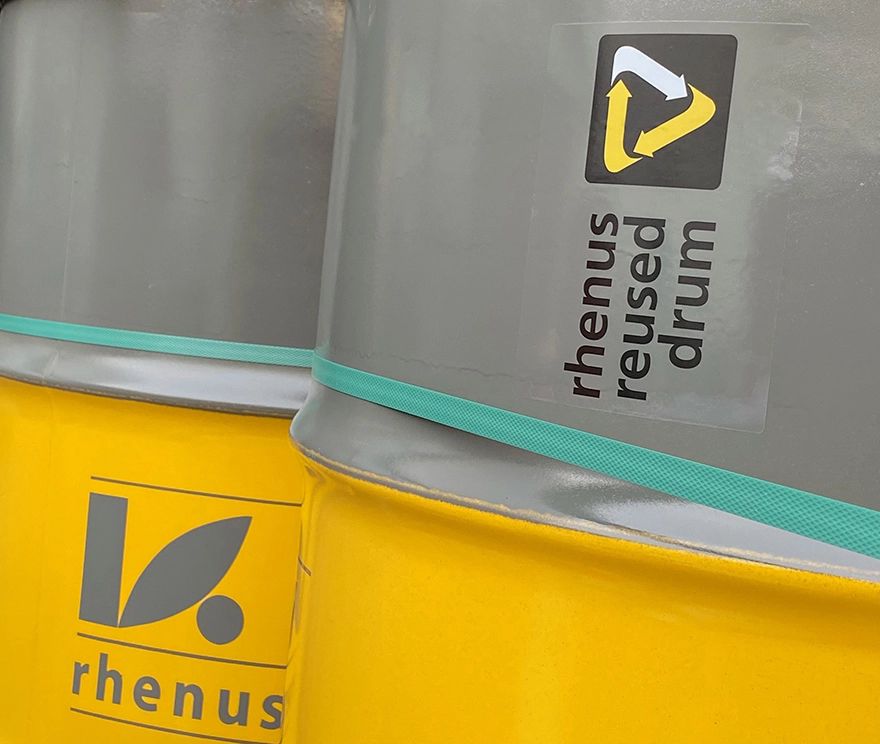 More-sustainable packaging also helps to reduce greenhouse gas emissions
More-sustainable packaging also helps to reduce greenhouse gas emissionsGermany-based lubricant manufacturer
Rhenus Lub is intensifying its commitment to sustainability. The company recently became a member of the
Science Based Targets initiative (SBTi), a collaboration between the Carbon Disclosure Project (CDP), the Global Compact initiative of the United Nations (UN Global Compact), the World Resources Institute (WRI) and the World Wide Fund for Nature (WWF).
By defining science-based targets, companies ensure that their emissions-reduction objectives are in keeping with their sector and their company size. Within this framework, Rhenus Lub has committed to reducing its CO
2 emissions in Scope 1 (direct emissions) and 2 (indirect emissions from purchased energy) by 50% relative to 2018. By doing so, the company intends to play its part in limiting global warming to a maximum of 1.5°C in line with the 2015 Paris Agreement.
Isabella Kleeschulte, who has been actively pushing ahead with the topic of sustainability as a partner in the family-led company since 2021, said: “We want to reduce our emissions significantly, measurably and transparently by 2030. To this end, we look at the emissions associated with every process: from production to our vehicle fleet and the lighting and temperature regulation in our buildings. We also examine and reduce the production of greenhouse gases in our supply chains.”
Membership of the SBTi requires companies to set themselves short-term reduction targets as well as reducing emissions in Scopes 1, 2 and 3 (indirect emissions within the supply chain) by more than 90% by 2050. The long-term goal are ‘net zero’ emissions. Unavoidable emissions can be neutralised using measures such as direct air capture (DAC) that extract CO
2 from the atmosphere.
Rhenus Lub is already committed to the environmental compatibility of its systems and products: the Mönchengladbach site has used 100% genuine ‘green’ electricity for many years, the company participates in energy audits in accordance with DIN 16247-1, identifies further potential savings in energy efficiency analyses, and makes extensive use of reusable or recyclable packaging.
Moreover, Rhenus Lub develops lubricating greases with the EU Ecolabel and sustainable metalworking fluids based on a high biogenic carbon content. Ms Kleeschulte concluded: “Climate protection concerns us all. We are making no compromises on the path towards a sustainable future.”